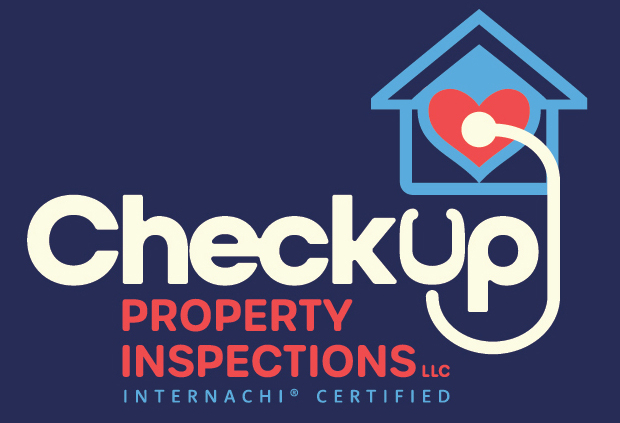Our Services
We conduct our inspections with meticulous care and attention to detail.
Residential Inspections
This is our typical home inspection that catches common defects so you understand the investment you’re making.
Denver Rental Inspections
A rental inspection by a professional inspector is a good way to keep an eye on the condition of your rental properties.
New Build Inspections
The city or county inspectors often don’t catch everything, but we’ve been trained to have a keen eye for anything that could compromise a new home’s lifetime or safety.
Pre-Listing Inspections
A pre-listing inspection can not only help expedite the selling process, but potentially even increase the property’s sale price.
11th Month Warranty Inspections
Just because your home is new, doesn’t mean it is defect-free. At your 11-month mark, this may be your last chance to take advantage of your warranty!
Pre-Drywall Inspections
It becomes increasingly difficult to inspect these important parts of your home when the drywall is installed, which means it’s imperative to get a preemptive inspection.
Water Quality Testing
We can check for contaminants such as lead and heavy metals, bacteria, parasites, and other organisms and contaminants.
Mold Testing
Mold is sneaky and often hard to detect. Make sure you know if action needs to be taken.
Radon Testing
Radon is the 2nd leading cause of lung cancer in the US. Make sure you and your family are protected.
Sewer Scope Inspections
A sewer scope inspection is quick, affordable, and can save you thousands of dollars if an issue is found.
Soil Testing
We analyze the chemical, physical, and biological properties of soil to determine its nutrient content, pH level, and other characteristics.
Well Inspections
Getting the 2 hour well flow test is important to ensure the health and safety of you and your family.
Frequently Asked Questions
Buying or selling a home can be a stressful experience, but we’re here to ensure you know what to expect during your home inspection.
A home inspection includes checking for any structural issues such as foundation cracks, roof leaks, plumbing issues, electrical wiring, heating/cooling systems, insulation, windows, doors, chimneys, etc. Depending on how big the property is, a home inspection typically takes 2-3 hours.
Ensure all inspection points are free from clutter, including any closets that might lead to a crawlspace or attic, and clearing some space around your home’s perimeter. It’s also important to check the functionality of all built-in appliances, electric, and gas. If you don’t plan to attend the inspection, make sure your inspector has access to the home, and all pets are properly contained or moved.
A home doesn’t pass or fail an inspection. Instead, a home inspection is a thorough audit of your home’s components. In most cases, there will be concerns marked on your home inspection report, but these are strictly informative.
While you can legally skip a home inspection in many cases, doing so could mean you may end up buying a home that has major issues that need to be fixed.
While a home inspector may recommend some minor repairs, they are not qualified to make major repairs. He or she can provide information about what needs to be repaired — and it might be helpful to know that information — but the decision to actually do the work lies solely with the homeowner. Not only does this give you the freedom to choose your contractors, but it also helps prevent a conflict of interest.
A home inspection can affect appraisals for two reasons: 1) The inspector may find something wrong with the property that would lower the value of the home, 2) The inspector may find things that need repair which could increase the value of the home. If the inspection finds issues that require repairs, then the seller has to decide whether they want to fix them themselves, or hire someone else to do it. If the buyer wants to purchase the home, he/she must be willing to pay for those repairs.

.png)